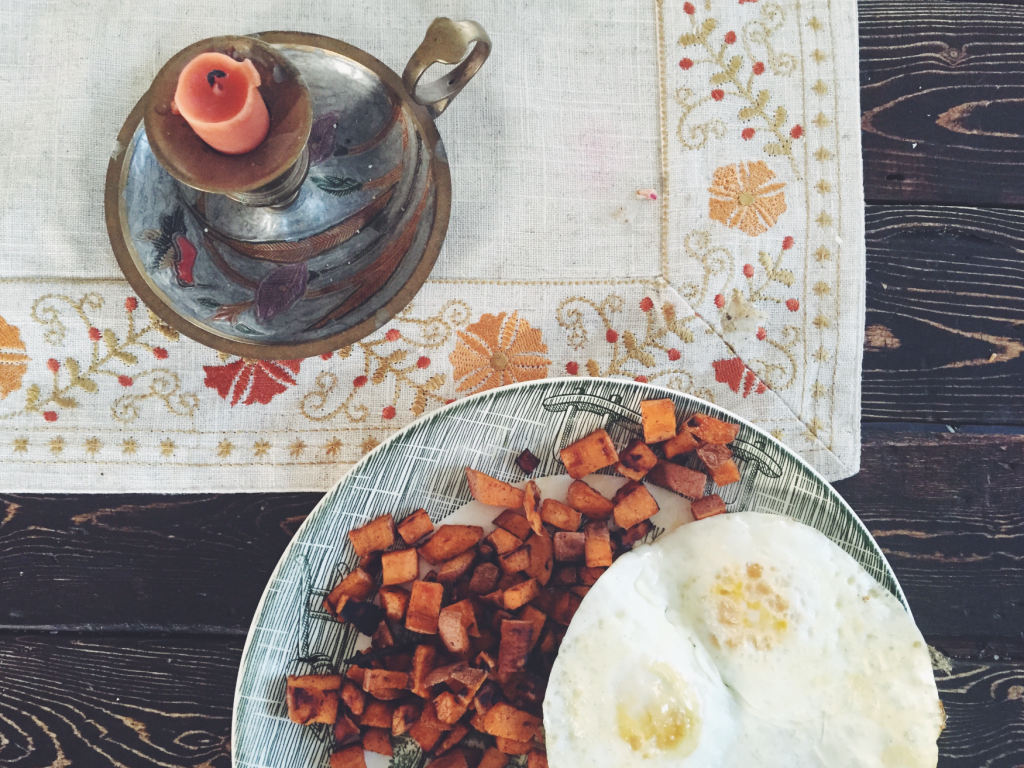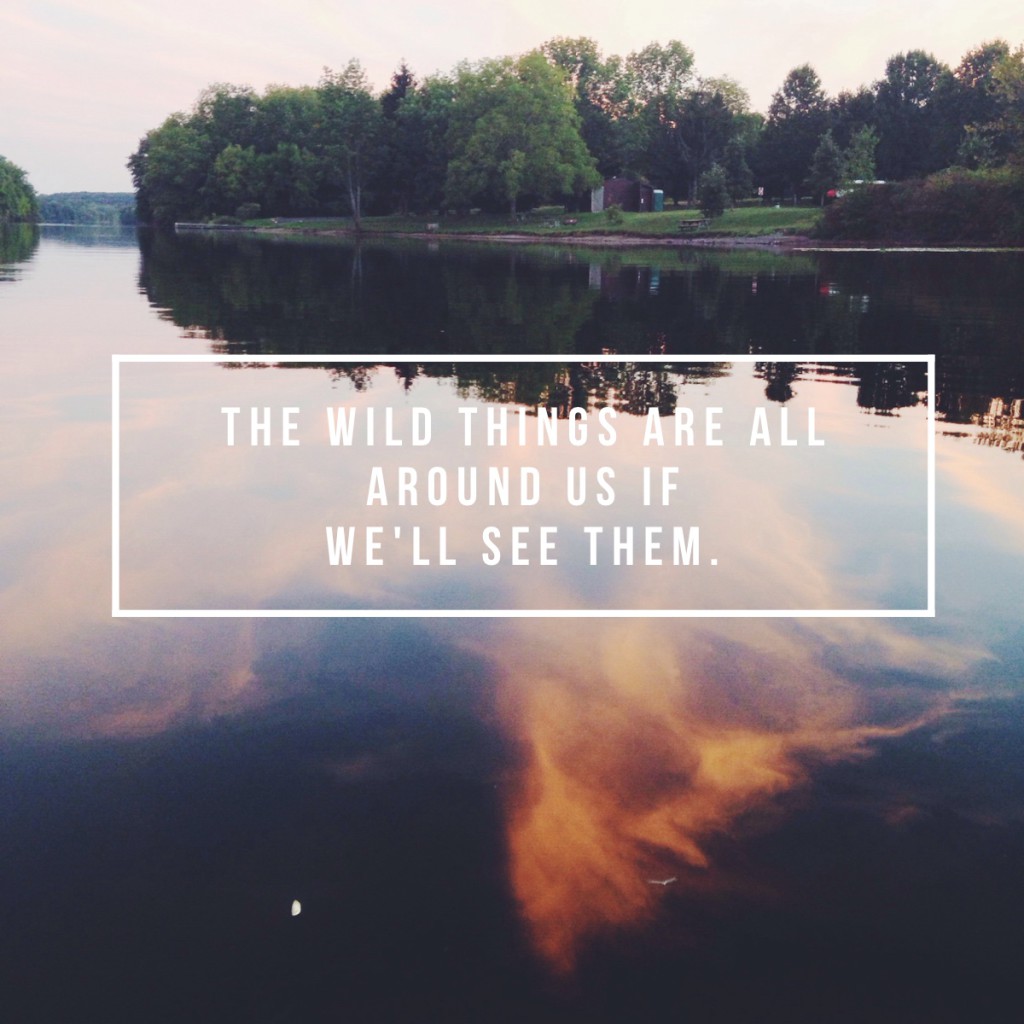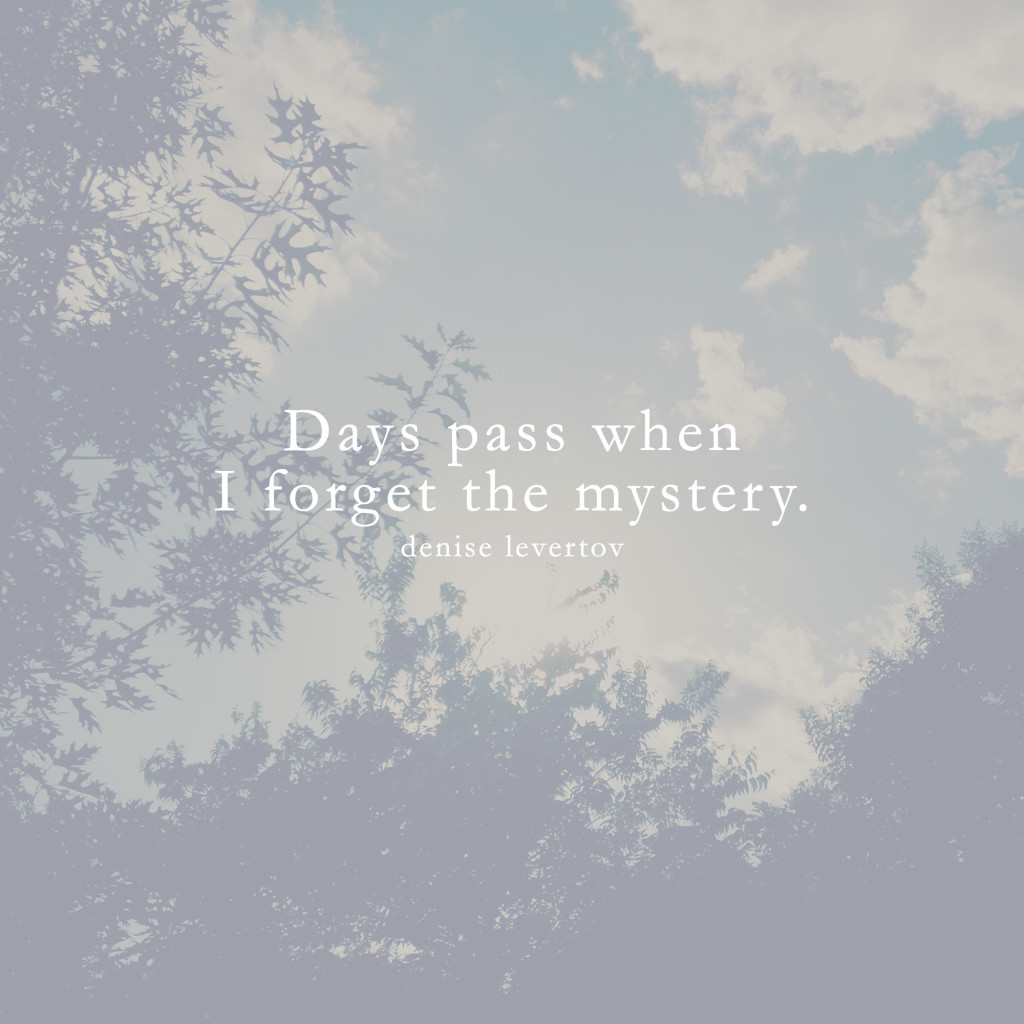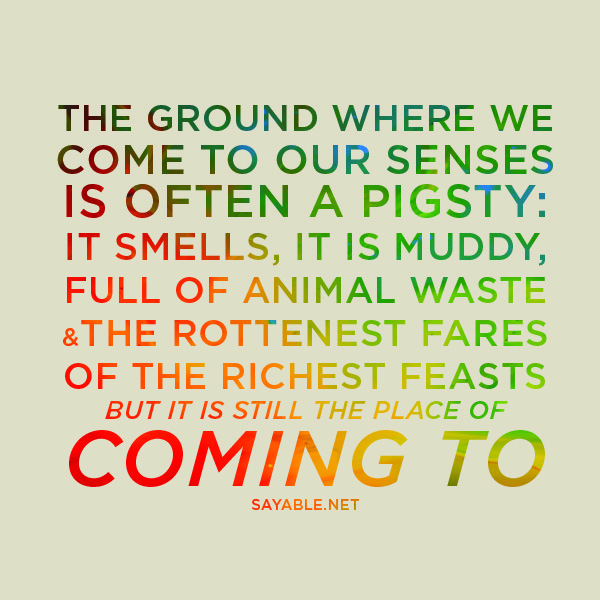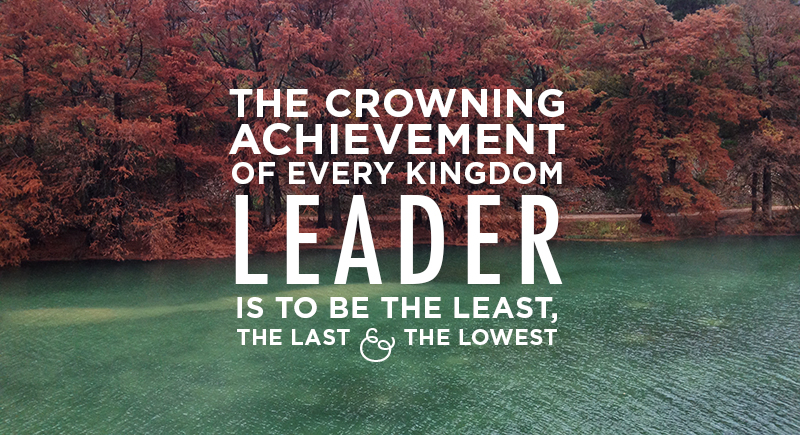The Attributes of God
There are eighteen attributes of God posted on the walls of the Kids Village rooms at The Village Church. Learning those attributes, committing them to memory, and pulling them out whenever I have doubted the character of God throughout the past six years has been one of the most life-changing disciplines of my life. After I posted this photo, several people asked for the full list or a link to the posters. A few of the guys in the Comm department told me they'll think about getting something up in the next year, but until then, I asked for permission to reprint the complete list. It was written by Anne Lincoln Holibaugh, the director of Kids Village for years and one who worked hard to create a well-oiled machine in that area. She's brilliant. If you know her, tell her (and all the Kids Village/Little Village people) thank you today.
Here are the attributes in list form. Below, if you click on the image, there's a high resolution image I put together that you can print out and put on your fridge or frame or wherever it would be helpful for you to visualize the bigness of God on a regular basis. I really mean it when I say committing these characteristics of God to memory has been one of the most life-changing disciplines for me. They're easy to remember, they remind me I am not God, and they speak to nearly every lie I am tempted to believe about Him.
God is:
Wise: He knows what is best Generous: He gives what is best Loving: He does what is best Good: He is what is best Unchanging: He never changes Creator: He made everything Provider: He meets the needs of His children Holy: He is completely perfect Just: He is right to punish sin Glorious: He shows his glory and greatness Sovereign: He has the right, will, and power to do as He pleases Compassionate: He sees, cares, and acts when His children are in need Merciful: He does not give what His children deserve Attentive: He hears and responds to His children Worthy: He deserves all glory Deliverer: He saves His children from wrath Refuge: He provides places of safety for His children Almighty: Nothing is too hard for God


